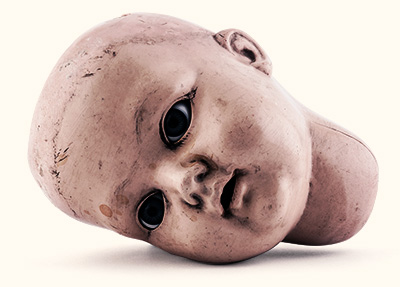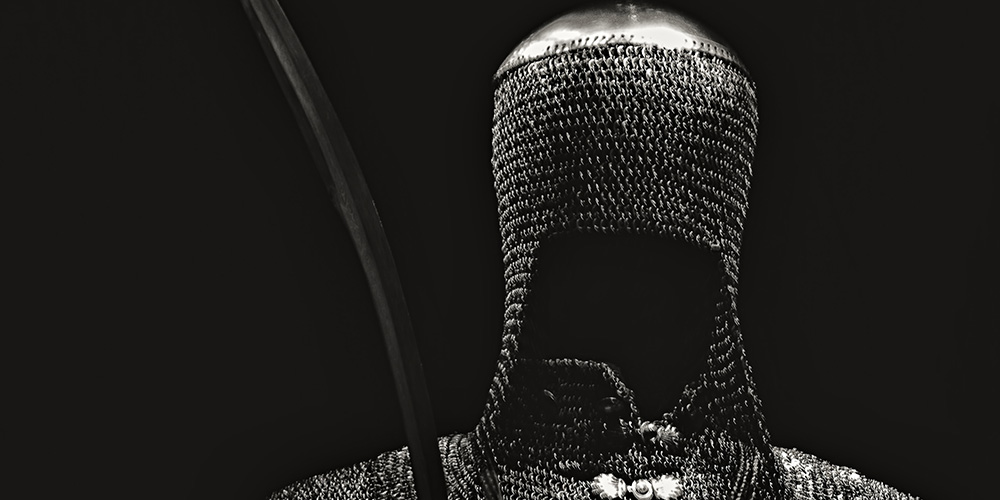Isn’t it frustrating how many things the English word “bat” means? Seriously, what is the origin of the word bat if it can be so many different things? We bat our eyelashes while flirting. We swing a wooden bat at a ball. Our cats bat their toys around. Eccentric people are batty. It’s so embarrassing when us goths express our love for bats, and the general public wonders how we’re so into sports when we look like we never go outside.

Origin of the word “bat”
Etymonline.com cites several possible origins for the English word as it stands today. Bat comes from Middle English bakke, which likely comes from the Old Norse leðrblaka, meaning “leather flapper.” Somehow, bakke melded with Latin blatta (referring to a moth or other nocturnal insect) to become “bat.” Interestingly, the Old English word for the animal was hreremus, meaning “rattle-mouse.” Middle English ruins everything.
Way to take multiple adorable concepts and distill them down to something super boring and generic, modern English. It seems other world languages have held onto some of these original word associations, but in a much more obvious (or entertaining) manner. So, just for fun, we are going to learn how to say “bat” in several languages where the modern word is much cuter than it is in English.
Greek
As a biology nut (you could say I’m batty for bio), I have to start with Greek. Bats are in the order Chiroptera, which means “hand-wing” in Greek. I am therefore surprised to inform you that that is not the modern Greek word for “bat.” Rather, “bat” in Greek is νυχτερίδα (nychterída). From núkteros, “nocturnal” and pteridae, for “winged.” Any thoughts about why we gave them a different scientific name, when there was already a perfectly good Greek word for them, Greek-speakers?
Portuguese
Morcego, from the Old Portuguese mur (mouse) + cego (blind). “Blind mouse” makes sense, as bats rely on echolocation since they mostly see infrared light. Plus, they do kind of look like a frightened farmer’s wife cut their tails off. This is the origin of the Spanish murciélago, which I’d always thought had something to do with bats swooping low over a lake (lago) to sip water and catch insects (I’m too much of a romantic for Romance languages, I guess?).
German
Fledermaus. “Fleder” is from an old form of the German word “flattern” which means “flutter.” Literally, flutter-mouse! Awwwwwwww!
Russian
летучая мышь (letuchaya mysh’), which means “volatile mouse.” We’re seeing a trend on the mouse theme. Both (bats and mice) have snuck into my house. I can attest that the bat was a significantly more volatile roommate. In this case, however, I suppose they mean volatile like it used to be used (“flying,” related to the Latin word we all know from the classic Italian song “Nel Blu Dipinto di Blu (Volare).” Happenstantially, that official song title translates to “In the blue-painted blue,” which of course reminds us of Haint Blue painted porch ceilings.
(Speaking of volatile roommates, check out our episodes The Forsaken Flatmate and Korean Folklore, Death Days, and the Haunted Queens Apartment to learn about squatters of the ethereal kind.)
Estonian
Nahkhiir. Pretty straightforward: nahk is “leather/skin,” hiir is “mouse.” Skin mouse?? Ok, I see where you’re going, but what a mental image, oy.
Thai
ค้างคาว (káng-khāo) which describes an animal that ค้าง (káng) “stays put” (in the daytime, ’cause ya know, it’s nocturnal) and คาว (khāo) “smells gamey,” as bat guano does. But if you mistranslate the root words just a little, the compound word could also refer to a lingering fishy stink. It doesn’t, but also it kinda might.
Mandarin Chinese
蝙蝠 (Biānfú), both complete characters of which are only ever used in the word “bat.” Or describing batlike things, like batwing-sleeved dress. Chinese etymology works completely differently than Western etymology, in that each character conveys a meaning, rather than a pronunciation. The same character generally means the same concept in various dialects/languages, but can sound very, VERY different.
Root characters for “bat” include 扁, which basically means flat, modified by the radical for insect. Also 富 which means “rich.” It is part of the word fortune (aka good fortune), and also modified by the radical for insect. Because in Mandarin “fortune” also sounds like “fú” you could say the word 蝙蝠 literally translates as “flat insect of fortune.”
Due to the similarities in writing and the homonym, bats are traditionally a lucky symbol in China. This also seems completely different from the western interpretation of bats as spooky creatures of misfortune. I’m with you on this one, China. Bats eat mosquitoes, which is indeed fortunate, even if you’re not goth.
Honorable mentions for cute literal meaning/origin of the word “bat”
- French: chauve-souris, or “bald mouse”
- Italian: pipistrello, or “overcoat with a sleeveless cape”
- Korean: 박쥐 (bagjwi), or “bright-eyed rat”
- Maltese: frfett il-lejl, or “butterfly of the night”
- Swahili: popo (also associated with an evil spirit of folklore)
- Māori: pekapeka (homonym with “branchy,” “visitor,” and several other branchy things which might visit you, like starfish and weeds)
- Shona: chiremwaremwa (I’m curious if this is related to the word “monster?”)
- Kazakh: жарғанат (jarğanat)
- Lao: ເຈຍ (chia) (homonym with “paper”)
Do you speak a language where the word “bat” is more interesting than it is in English? What’s your favorite word for “bat?” Please let me know by commenting in our Facebook Group, or on Patreon, and I’ll add it to this fun etymology lesson about bats.
Header image copyright Craig on Adobe Stock.







